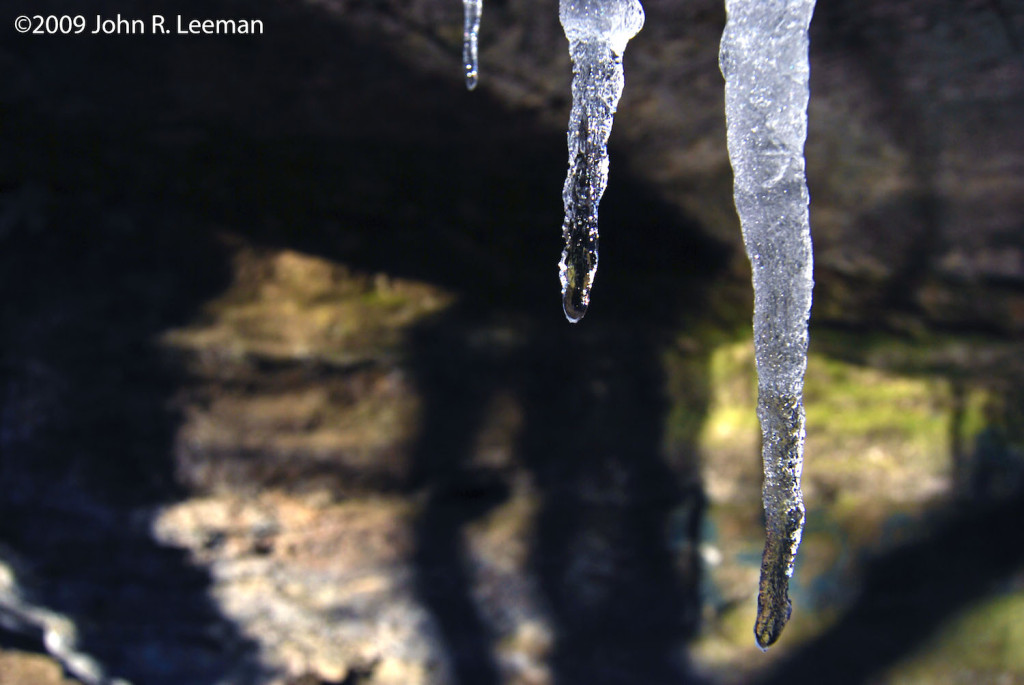UPDATE 1/13/14: Frost-quake creates 100ft long crack here.
Over the past few days (starting around Christmas eve), there have been reports of large booming sounds associated with minor ground shaking across the northern states, as well as in Canada. The Toronto events have a nice string of tweets that are associated with them as well. Are these really explosions? Earthquakes? Sonic booms? The truth, as it turns out, is a rare event that produces what are known as "cryoseisms". Oddly enough, these "frostquakes", as they are commonly known, have been discussed in the literature since about 1818! Having a background in both meteorology and geophysics, cryoseisms are just one example of how closely related to two fields are.
So, what happens to produce such loud and potentially startling events? It's all about ice. Cryoseisms occur when there are seasonal frost conditions, no insulating blanket of snow, lots of rain/thaw to saturate the ground, and a sharp drop in temperature.
Surface water penetrates into sufficiently permeable soil/rocks, but then is rapidly frozen with a fast drop in surface temperature. Normally temperature drops slowly enough that the ice gradually freezes, giving the surrounding soil/rock time to adjust. When really fast temperature drops occur and freezing is rapid, the surrounding areas are stressed by the expanding force of the ice.
The freezing process is actually a very powerful mechanism, and is one of the geologist's favorite ways to explain physical weathering of large boulders. Freeze/thaw cycling has even been used as a quarrying technique in granite!
Expansion during this rapid freezing of infiltrated ground water stores energy in the surrounding rock/soil, like a spring, until..... BAM! Failure occurs in much the same way faults fail. Here the driving force isn't tectonic though.
Cryoseisms can do light damage to structures in the immediate vicinity, but their intensity falls off very quickly with distance. For the seismology buffs out there, the zero focal depth produces lots of surface waves, but these events are generally not recorded on seismic networks.
Want to know more about cryoseisms? The literature isn't too robust, but check out Barosh (2000), Nikonov (2010), and Voss & Herrmann (1980) for some starting points!
*Cryoseism is also used to refer to earthquakes at the base of glaciers as well. That's a whole other story for another day!

